Identity Check
Identity check services are created to confirm a person’s identification, frequently for security or compliance reasons. These services, which may include the following, use a range of techniques and technology to verify that a person is who they say they are.
1. Knowledge-based Verification: During knowledge-based verification, questions about the person’s personal information or previous addresses are posed to them. When other procedures are utilised, this is frequently used as a secondary verification approach.
2. Watchlist screening entails cross-referencing a person’s name and other personal data with watchlists for known terrorists or criminals. In places with strict security, such airports or official buildings, this is frequently utilised.
3. Knowledge-based Verification: During knowledge-based verification, questions about the person’s personal information or previous addresses are posed to them. When other procedures are utilised, this is frequently used as a secondary verification approach.
4. Watchlist screening entails cross-referencing a person’s name and other personal data with watchlists for known terrorists or criminals. In places with strict security, such airports or official buildings, this is frequently utilised.
A wide range of organisations, including financial institutions, governmental bodies, and companies that deal with sensitive information, may use identity check services. They can aid in preventing fraud, safeguarding against identity theft, and guaranteeing adherence to statutory and regulatory obligations. It is crucial to confirm that identity check services are carried out in accordance with pertinent privacy and data protection laws and regulations. Additionally, it is crucial to make sure that the identity check services’ procedures are accurate, dependable, and secure and that people have the chance to challenge any false or inaccurate information.
